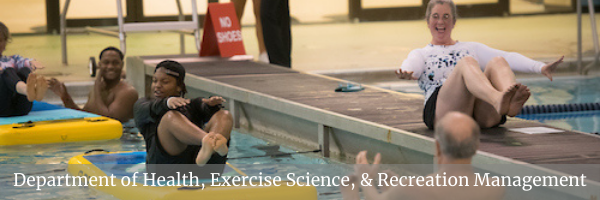Document Type
Article
Publication Date
6-1-2020
Abstract
© 2020 by the authors. Licensee MDPI, Basel, Switzerland. (1) Background: Increasing tongue and lip strength may help improve various speech and swallowing disorders, but it is unclear if instrumentalists who use these muscle groups for long periods of time have greater strength and endurance compared to controls. It is also unclear if instrumentalists can more accurately estimate various exercise intensities. The purpose of this study was to determine differences in lip and tongue strength and endurance between instrumentalists and non-instrumentalists (controls). A secondary purpose was to assess differences in ability to estimate various exercise intensities between the two groups. (2) Methods: Instrumentalists and controls’ maximum strength and endurance were measured using the IOPI Pro medical device. In addition, 40%, 60% and 80% of maximum strength were estimated in a randomized order. (3) Results: No significant differences were found between instrumentalists and controls in strength or endurance or the ability to estimate various intensities. Overall, participants were better at estimating tongue strength at moderate intensities and lip strength at higher intensities. (4) Conclusion: Tongue and lip strength and endurance and the ability to estimate exercise intensities are not impacted by years of instrumentalist training compared to healthy controls.
Relational Format
journal article
Recommended Citation
Thiebaud, R. S., Abe, T., Denning, W. M., Loenneke, J. P., Okerlund, M. J., Ryan, J. S. J., Boyce, W., McBride, M., & Hernandez, J. (2020). To Play or Not to Play: Can an Instrument Really Impact Lip and Tongue Performance? Cosmetics, 7(2), 50. https://doi.org/10.3390/cosmetics7020050
DOI
10.3390/cosmetics7020050
Accessibility Status
Searchable text
Included in
Exercise Physiology Commons, Leisure Studies Commons, Recreation Business Commons, Sports Management Commons, Sports Sciences Commons, Sports Studies Commons


